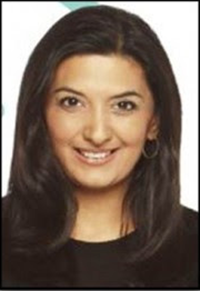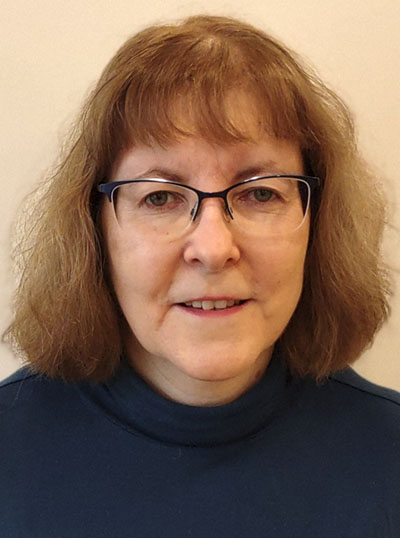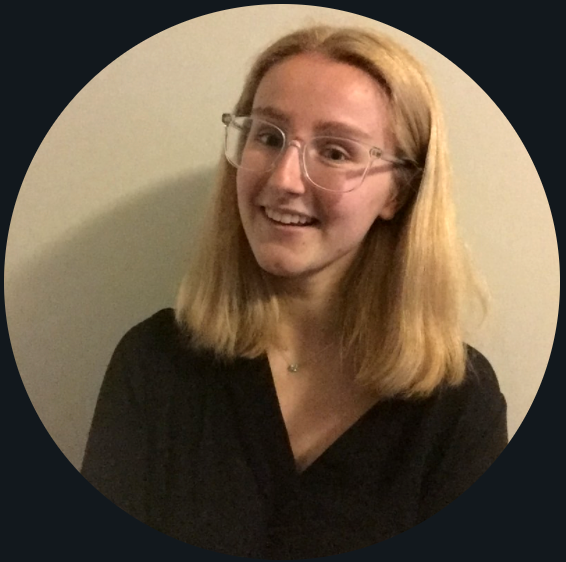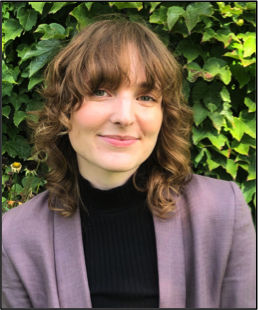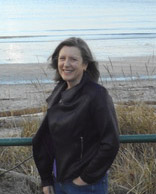
Dr. Elizabeth Hartney
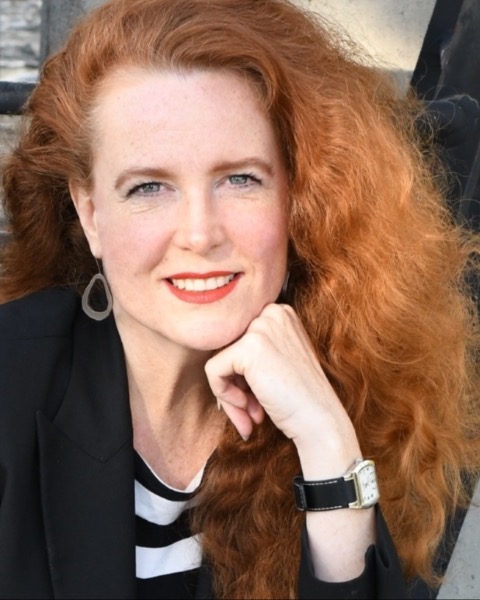
Dr. Mari Swingle
Dr. Elizabeth Hartney and Dr. Mari Swingle , Quantitative Electrophysiology
Quantitative Electrophysiology studies electrical activity in the brain. We spoke with Dr. Elizabeth Hartney and Dr. Mari Swingle about the real value of lie detector technology and the value of boredom.
Quantitative Electrophysiology
No lies detected
There’s a scene in a Seinfeld episode where Jerry is interrogated using a lie detector by a police sergeant who doesn’t believe him when he says he’s never watched an episode of Melrose Place. Thanks to some advice from George (“it’s not a lie if you believe it to be true!”) he does fairly well until anxiety gets the better of him and he cracks under the pressure, admitting to being very much into Melrose Place. For an examination of the ‘femmephobia’ present in this scene, see the spotlight on Sexual Orientation and Gender Identity earlier in Psychology Month!
We’ve all seen similar scenes on TV and in movies, where people have electrodes attached to their fingers and hands, and where the machine quantifies their response to the questions being posed. I think most of us know by now that the machine is not actually measuring truthfulness, but rather anxiety. And while it is not very useful in its purported purpose – the detection of lies – this technology is actually very useful in the detection of anxiety! This is the realm of quantitative electrophysiology.
Dr. Mari Swingle is a practicing clinician, a researcher, an author and a presenter. She has a PhD in psychology and an MA in education, and she is certified in neuroelectrophysiology. She is the treasurer of the CPA’s Quantitative Electrophysiology section. She describes the discipline this way:
“We read the electrical activity from the brain, which tells us so many things. We can read from the upper levels of the cortex and get lots of information, and we can also go very deep into structures and circuitry within the brain. You need extremely sophisticated equipment to do this, and you need extremely sophisticated clinicians to read all of it.”
Another of those extremely sophisticated clinicians is Dr. Elizabeth Hartney, the Chair of the Quantitative Electrophysiology Section. Dr. Hartney is a registered psychologist in BC, and is board certified in neurofeedback and biofeedback (two predominant forms of quantitative electrophysiology).
“We’re certified by the BCIA, which stands for the Biofeedback Certification International Alliance. They provide biofeedback certification across the world. Biofeedback includes a few subdisciplines. The one Mari and I most closely work in is EEG (electroencephalogram) neurofeedback – but we also have peripheral biofeedback, which picks up electrical activity from the nervous system through the rest of the body. So we could be applying electrodes to your fingertips, to the palms of your hand, to read your heartrate variability or skin conductance. It’s basically all the stuff you see in the lie detector test on TV – which isn’t really great at detecting lies, but is really good for detecting anxiety. Anxiety is one of the things we work with a lot.”
Biofeedback is about becoming more aware of, and gaining greater control over, the functions of one’s own body. It can be used to help people experiencing anything from irritable bowel syndrome to side effects from chemotherapy. Dr. Hartney continues,
“We work with people to get feedback on their breathing, their heart rate, their blood pressure, all kinds of conditions that can be psychosomatic and involve both the mind and the body. There are specializations that others do in this space around urinary incontinence. The whole approach is about empowering the individual to gain control over their own body and their own brain – and in some cases their own bladder!”
In case the words ‘quantitative electrophysiology’, ‘neurofeedback’ and ‘biofeedback’ weren’t daunting enough, the clinicians who work in this discipline tend to add a few more. Like physiology, which also describes their work! There’s neurophysiology, which deals with the signals from the brain. There’s also general physiology, which deals with the full body, including the brain. Depending on the circumstance, quantitative electrophysiologists might be talking about only the body, or only the brain, or both in tandem. Dr. Swingle talks about two different ways this might look.
“There are huge volumes of research on what we call ‘brain mapping’. So, how do we read the electricity and what does it tell us? We work to either clinical or normative baselines. Normative baselines are measurements taken from brains of individuals who don’t have any overt symptoms or diagnoses. They don’t have ADHD, depression, psychosis, and so on. We look at what the brain looks like in that case, and we can then treat people who are suffering from ADHD, depression, or psychosis and we help them get to normative (or typical). What Elizabeth and I primarily do is the other branch, working from clinical databases. This means we have electrical readings from the brains of individuals who do suffer from anxiety, insomnia, scholastic difficulties, you name it. We then train the brain away from that measurement.”
This mostly involves taking existing processes in certain areas of the brain and either enhancing or diminishing their strength. This can be an effective way to treat depression, anxiety, ADHD and other conditions. When it comes to situations that involve actual damage to the brain itself, the treatment looks much different. Says Dr. Swingle,
“When we’re dealing with very severe strokes, or structural brain differences, then we’re looking for different pathways [what is often referred to as neuroplasticity – the ability of the brain to overcome damaged parts by learning how to use other parts to perform the same functions]. The majority of the work we’re doing is working toward making existing pathways more efficient. Some are underpowered and some are overpowered. A good example is the foundational work of Davidson. He looked at the balance of the frontal lobes, left vs right. He found that if the cortical electricity was more than 15% higher on one lobe than on the other, that was almost always indicative of emotional deregulation.”
Showing the brain an easier way
The field of quantitative electrophysiology has changed a great deal in the last twenty years, most notably because of the advent of the personal computer and greater technological power. For a discipline that relies enormously on technology, this has been a boon – but has also made disorders, and the treatment of them, much more complex. Dr. Hartney reflects on this change.
“It has actually become easier – but also much more complicated – with the rise of personal computers. They’ve made the process of getting and giving feedback from and to the brain much more entertaining. Therein lies a problem. Before we had computers, psychologists like us used lights and sounds that would light up or ding when our brain was doing what we were training it to do. That would be the ‘feedback’ part of the ‘neurofeedback’ or ‘biofeedback’. That actually worked really well! What we have now is fancy computer games and puzzles and videos that go on and off according to what your brain is doing and we have fantastic arrays that we can observe that show the frequencies of peoples’ brainwaves in several different sites at once.”
Dr Swingle provides a specific example of the kind of work she and Dr. Hartney might do for a client.
“We might want to augment a brainwave at one location on the brain for a specific purpose. For example, we want to augment theta [a type of brainwave] at the back of the brain because when theta is higher at the back of the brain you have greater stress tolerance. We can use that to help with insomnia, anxiety, addictions, all these types of ailments that would benefit from the brain being quieter. We attach an electrode to a very specific site, and ask an individual to interact with a computer. A really simple way of doing this is when the theta moves in minutia, a cricket jumps on the screen. Let’s say we have a young person who is having trouble with extreme anxiety and they need help with calming. All we do is ask them to make the cricket jump. Little ones don’t ask how do you do that, why do you do that – they just say okay. So it’s really easy to work with munchkins! We’re behind the scenes watching the pure wave forms and the amplitudes and ratios so we can see the frequency of theta come up, and manipulating thresholds to make it easier or harder to make the cricket jump. What we’re doing is giving that child the control to augment the theta wave on their own. When we show the brain an easier way to do something, it will take it.”
Boing boing boing boring
As I’m writing this spotlight right now, there is a TV on mute in the background. Team Canada is playing for the gold medal against the United States in the Olympics on the screen. My phone sits next to me and is constantly issuing notifications – Dr. Jonathan Stea just liked my tweet, CTV Ottawa has started a live video on Instagram from the protests in downtown Ottawa. I haven’t played Words With Friends in three weeks, and they want me to know they miss me. I have to stop typing every now and then because email notifications obstruct the screen, and I’ve received 14 since I started writing. Dr. Swingle has written a book called i-Minds: How Cell Phones, Computers, Gaming, and Social Media are Changing our Brains, our Behavior, and the Evolution of our Species about just this sort of thing. She says,
“An issue in our discipline is that things have become so fancy that they’re not as efficient. A cricket jumping for five minutes is fun. A cricket jumping for forty minutes is boring! And the kids go back to these incredibly involved amazing-looking video games. So what happens is we’ll get really good data in session, but the brain doesn’t change on any permanent level. When working with children, especially those with attention difficulties, screens have to be a little bit boring to work. That’s become something of an inner conflict within our discipline.”
So how has that changed in the past decades? Do kids find the cricket boring today because they are used to a much higher level of interactive screen time with more stimulation? If they had been exposed to this in 1988, would they have found the cricket to be entertaining for a longer time? Dr. Swingle says yes – and no.
“You could sustain the attention longer with lesser stimuli 20 years ago, but it was still boring! It’s a larger problem now because a lot of interactions with technology are affecting the development of childrens’ brains. A lot of children don’t know how to ‘sustain the mundane’ because everything in their lives is going at such a high pace. If you do one hour of neurotherapy a week, but 20 hours of gaming a week, the gaming is likely to win. And it does the exact opposite of neurotherapy, it trains the brain to respond only to excitement.”
If you hop on a treadmill or a rowing machine for 30 minutes a day, that’s likely very good for you – but if you spend the rest of your day eating nothing but poutine and peanut butter cups, the effects of that rowing machine will likely be greatly diminished, and you are unlikely to see the results you desire.
At the same time, if you go to the gym every day for three months, working with a personal trainer to figure out an ideal workout regimen, you might be able to maintain the fitness level you desire afterward by going only once a week. This is the goal of electrophysiology – that the changes you make in your brain become part of you, and they stay after the process. Says Dr. Hartney,
“The ultimate goal is that you want your client to learn how to change state without the help of the feedback. One of the things we’re dealing with is that young people in particular see this as a form of entertainment, and don’t necessarily understand that it’s an educational process. We’re trying to teach them to change state, but because they’re overloaded with the bells and whistles and animations it’s much harder for them to generalize what they’ve learned in a session outside that environment.”
On the value of boredom
Every Friday night, my family does a Games Night with friends over Zoom. We play a game using our phones as we all share a screen. The rapid advancement of technology over the last several years has made such incredible things possible, and it’s great that we’re able to connect this way, especially during a pandemic where other methods of connection might not be available to us. But I notice the kids approach it a little differently than the adults. While we’re waiting for a game to load, they’re playing a different game on their phone. Or, while it’s not their turn they’re dealing out cards on the table here in the house so there’s another game to play during the 90 second gaps in action. Dr. Hartney explains why this is becoming more common.
“We’re of an age where being bored was a normal part of childhood. If you went to your parents and complained about being bored they’d give you a chore, or suggest you figure it out on your own. We grew up expecting things to be a bit boring and seeking out our own entertainment. This generation just don’t have that same kind of baseline.”
Like Dr. Hartney, Dr. Swingle is also a big fan of boredom!
“All creativity and all innovation comes from boredom. If you don’t have boredom, you don’t have curiosity. You don’t have time to assimilate things and see patterns, and so on. We’re going far beyond our work in quantitative electrophysiology to the bigger picture now, but they are intrinsically linked.”
Before we go too far beyond quantitative electrophysiology, we’ll leave it here.
Stay bored, folks!

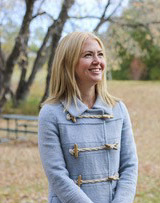
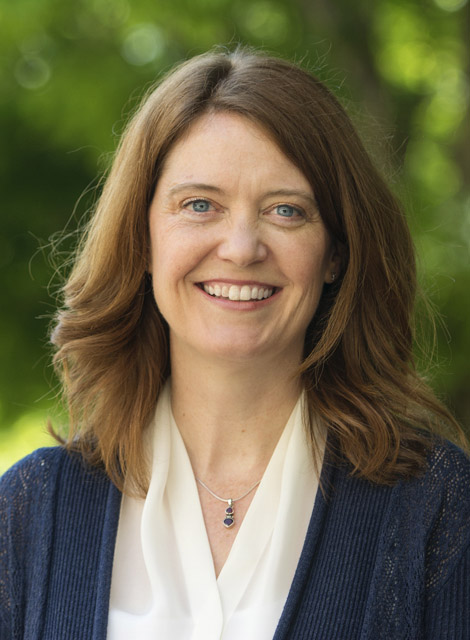
 Dr. Donna Ferguson
Dr. Donna Ferguson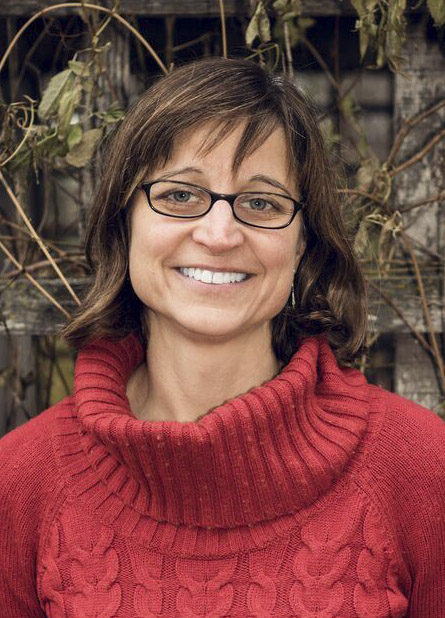
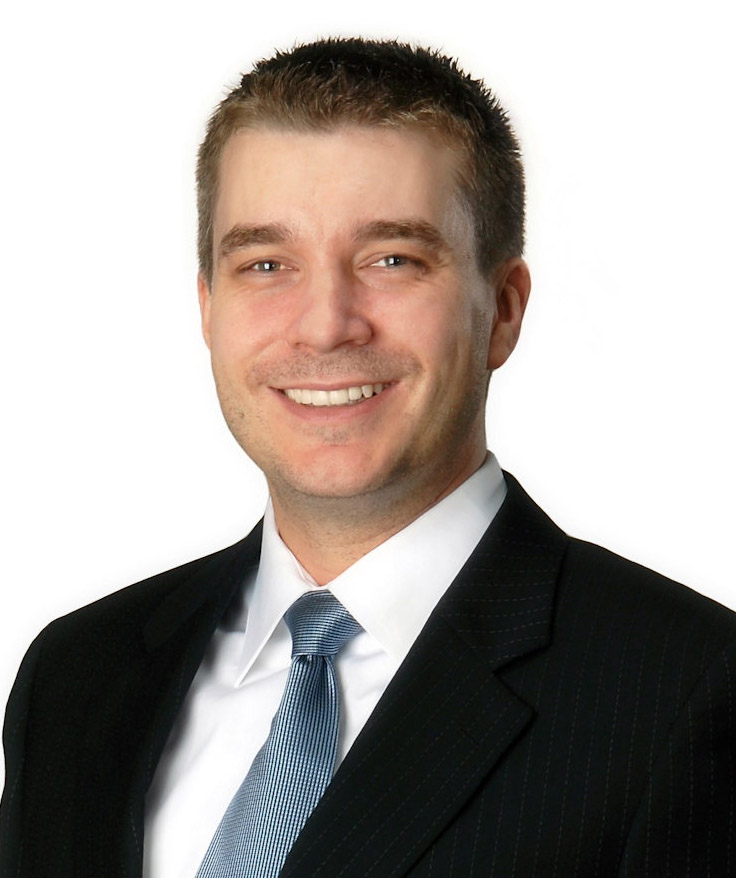
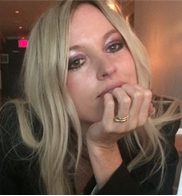
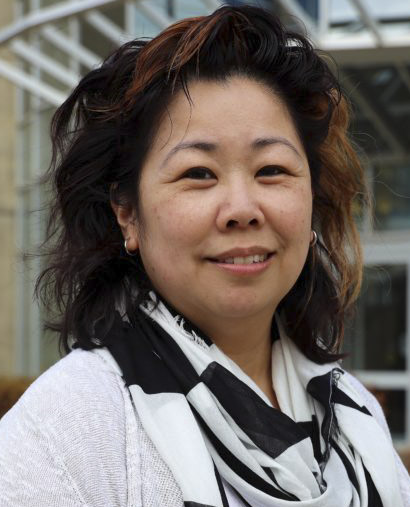
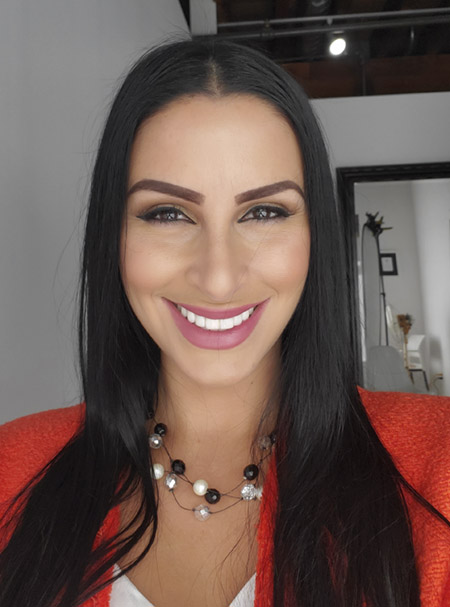
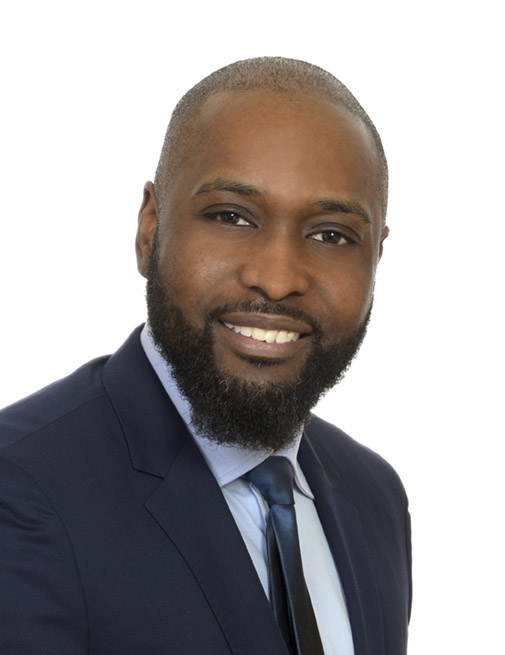 Dr. Kofi-Len Belfon
Dr. Kofi-Len Belfon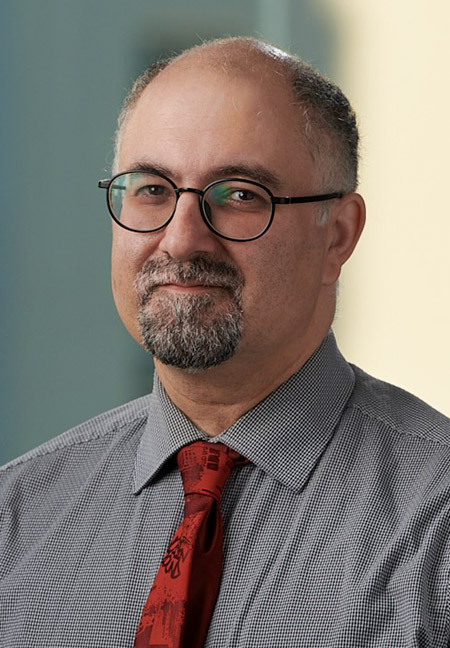
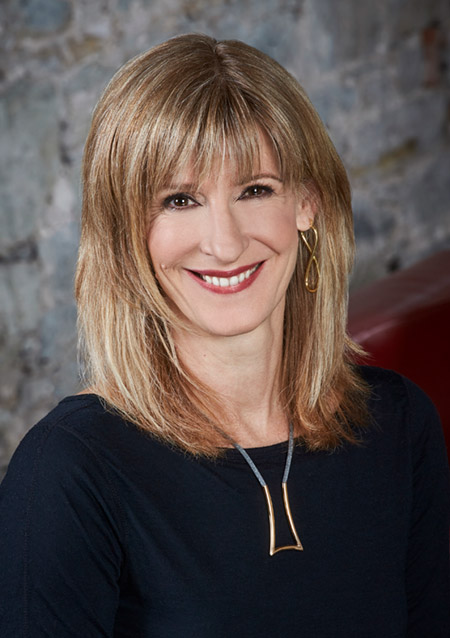
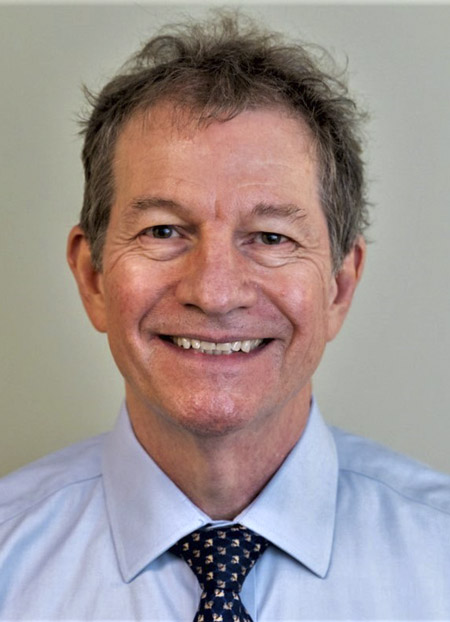
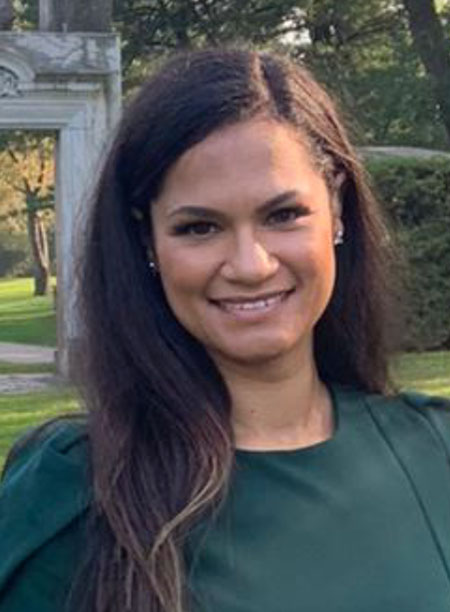
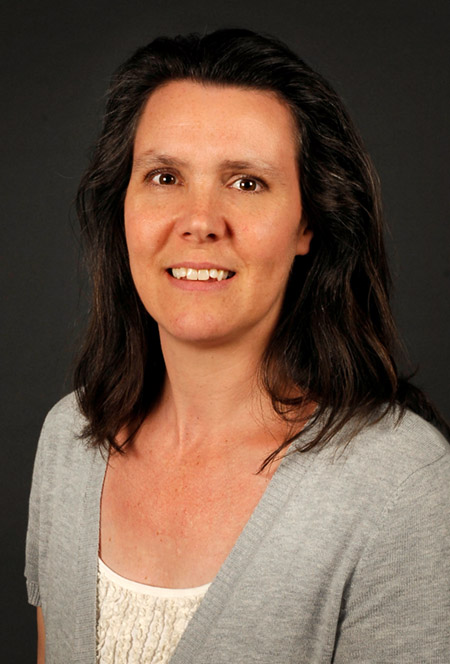
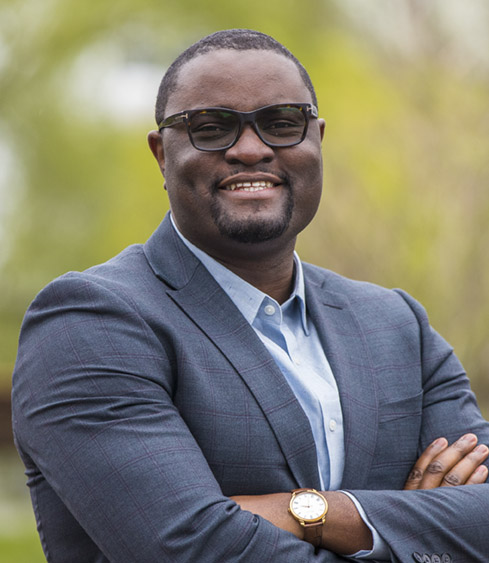
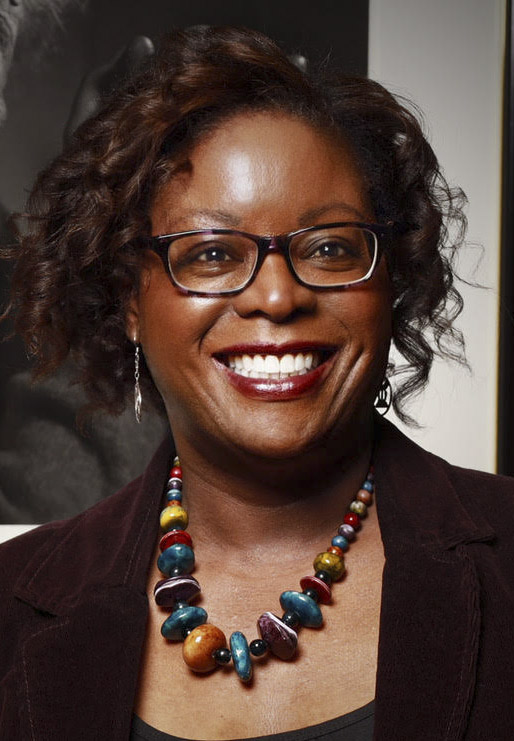
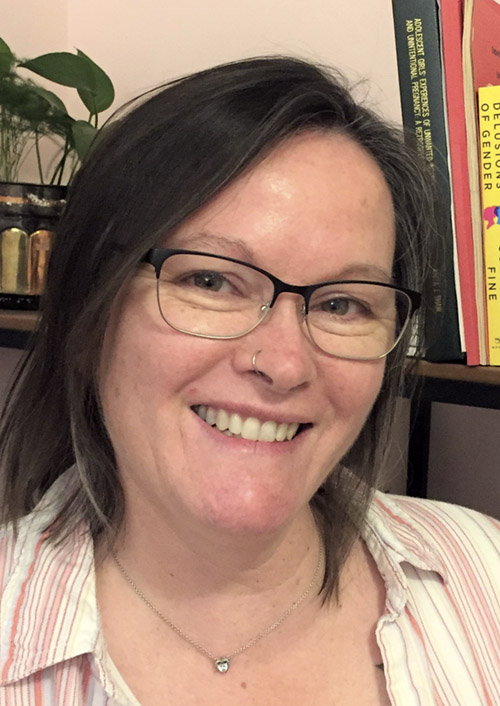
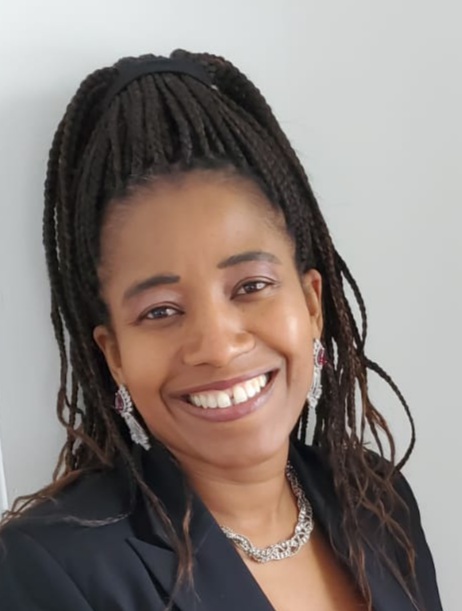
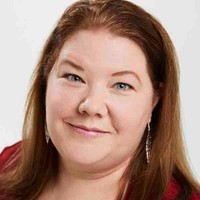

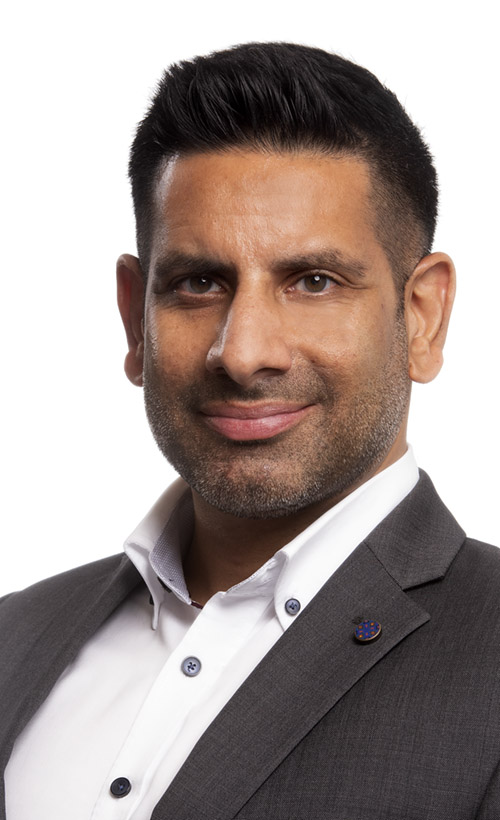
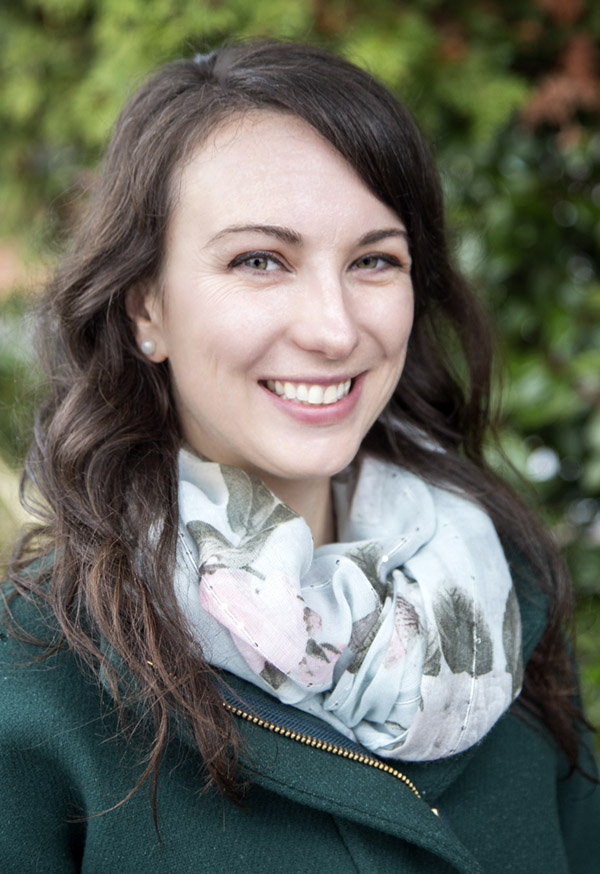
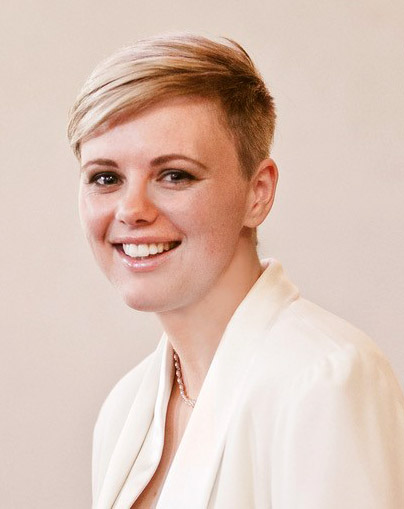
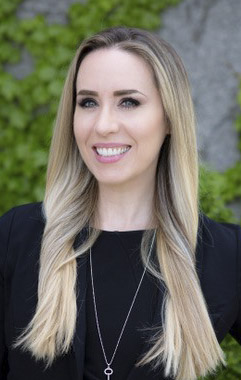
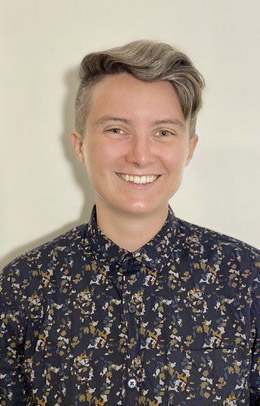

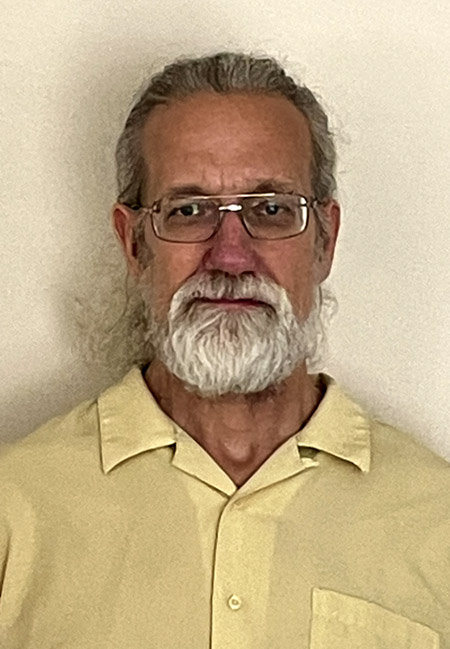
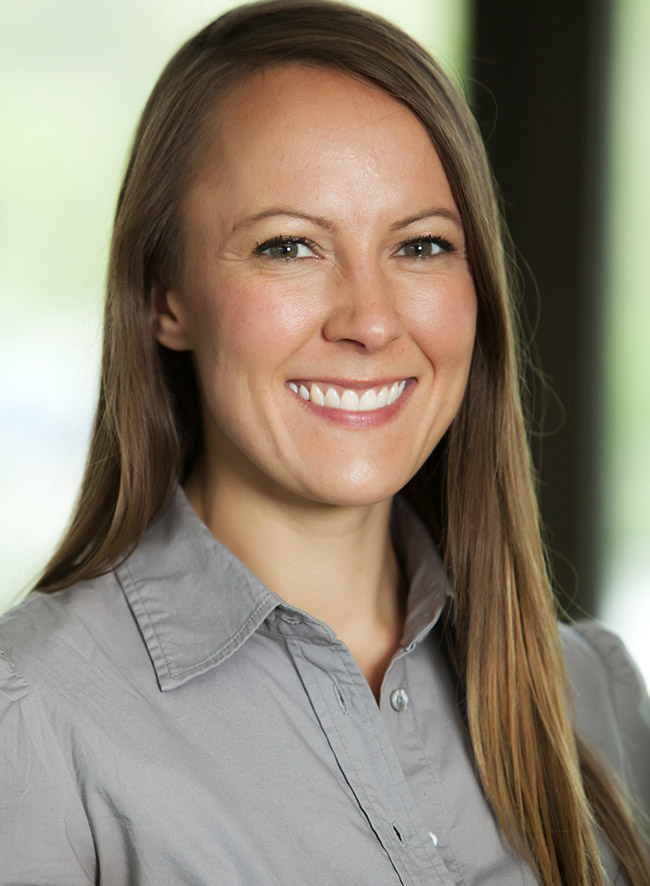
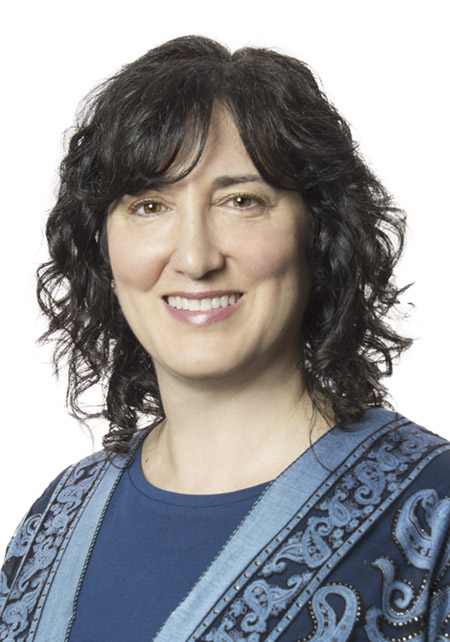

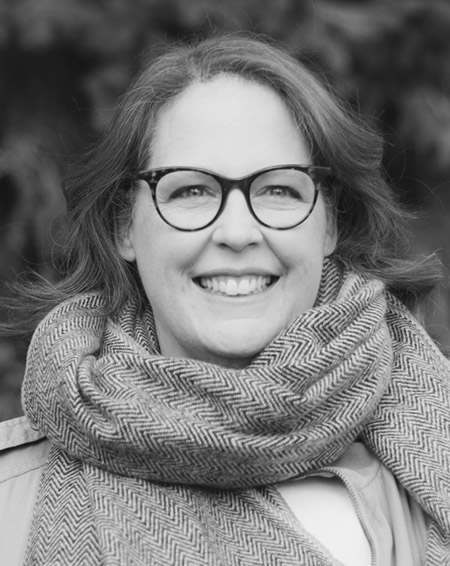
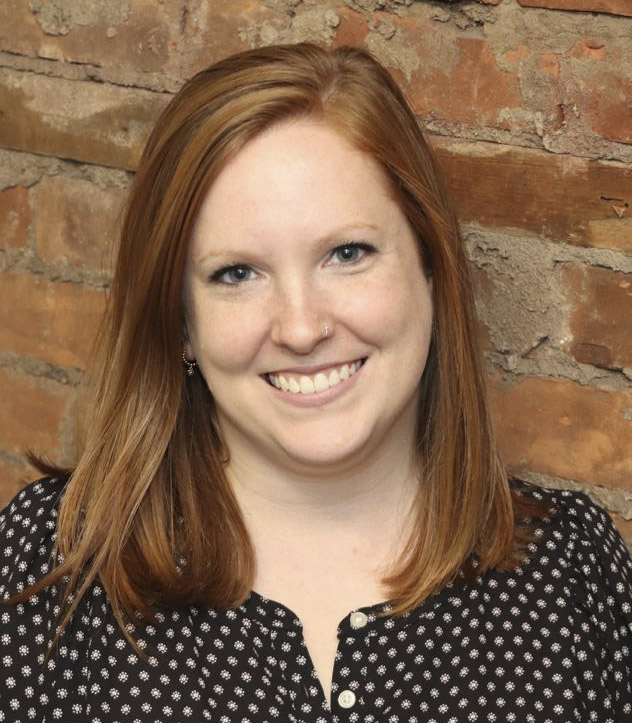
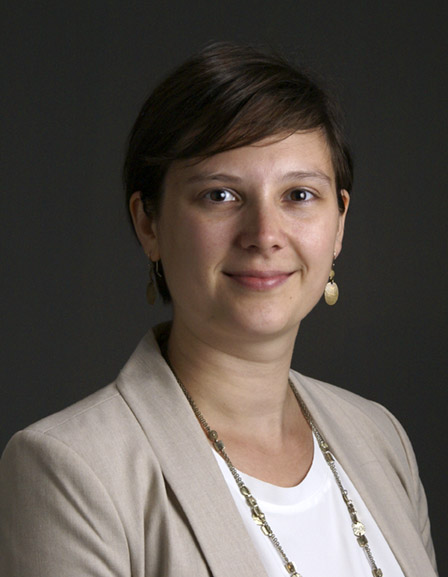
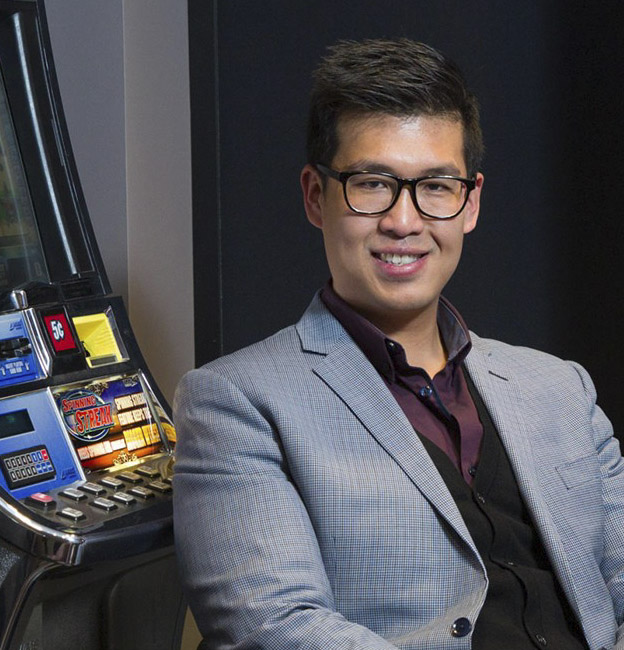
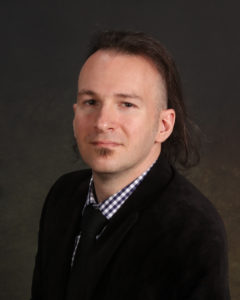
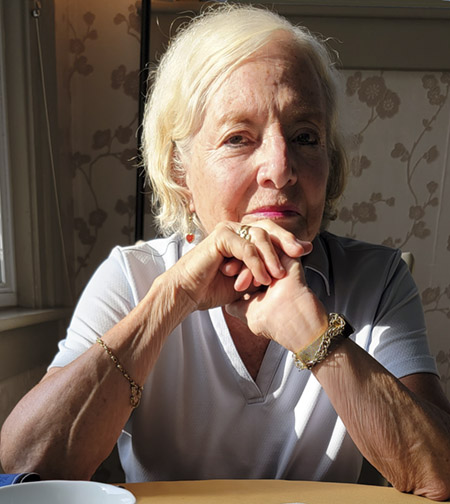
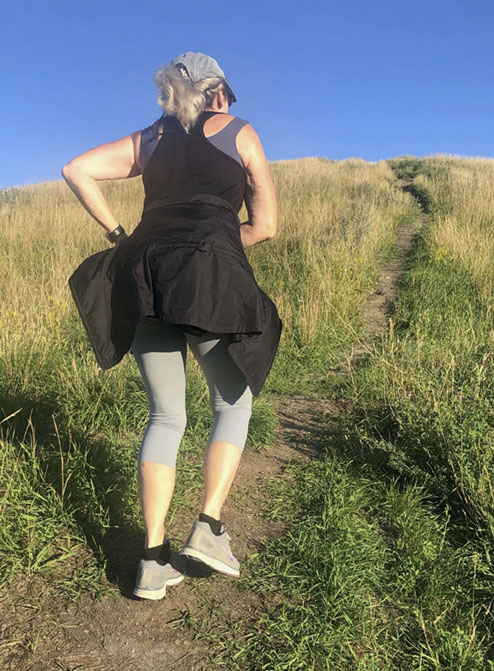
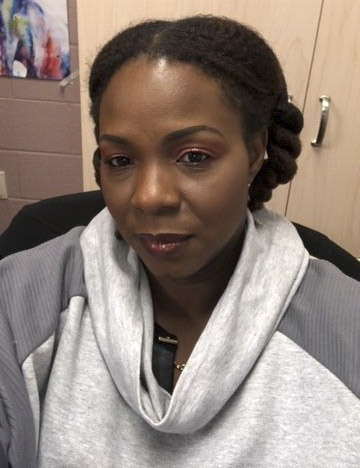 Dr. Eleanor Gittens
Dr. Eleanor Gittens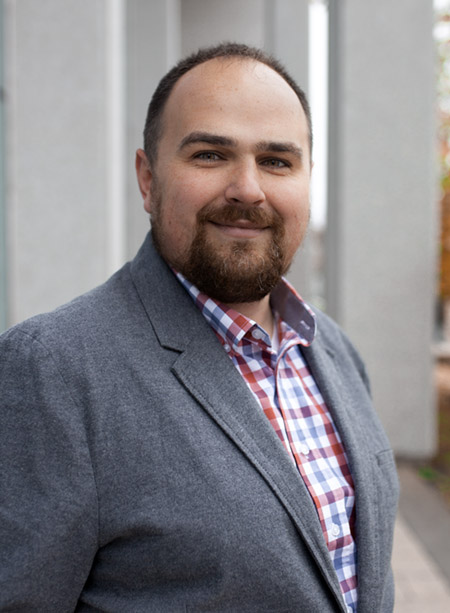
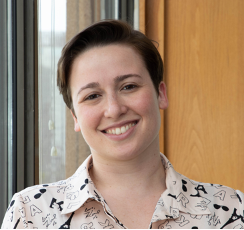
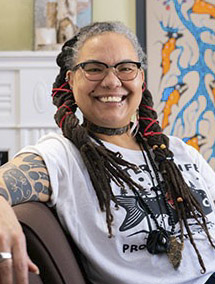
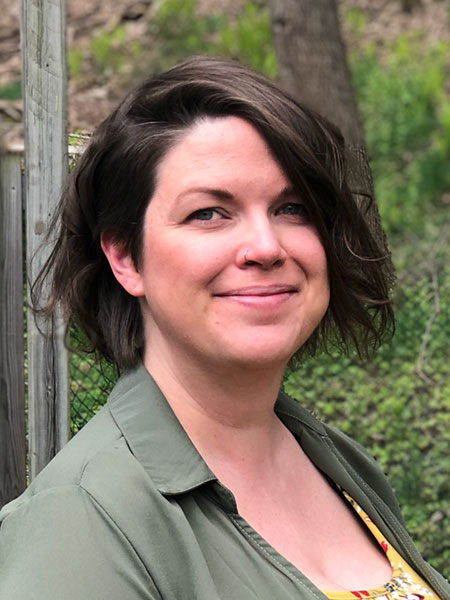
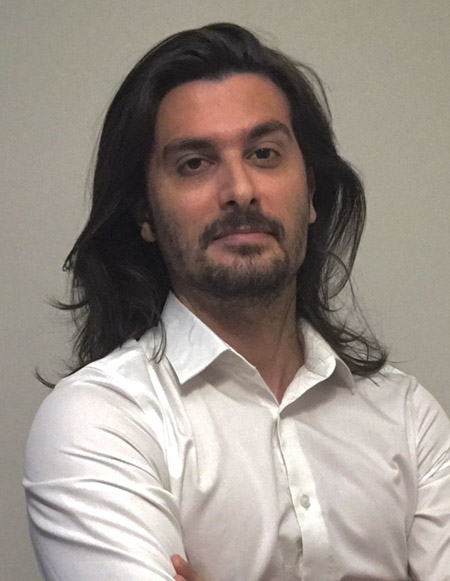
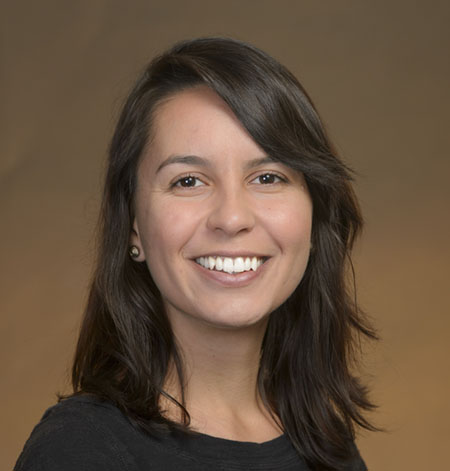
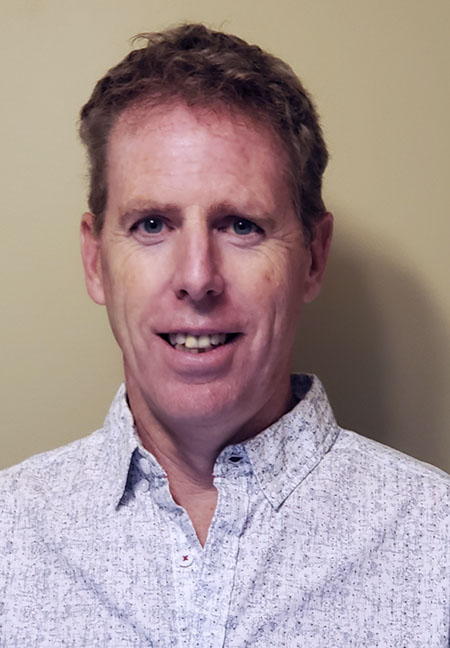
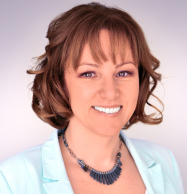
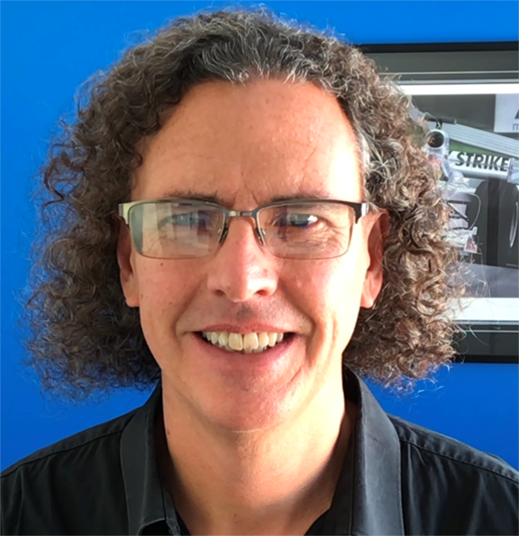
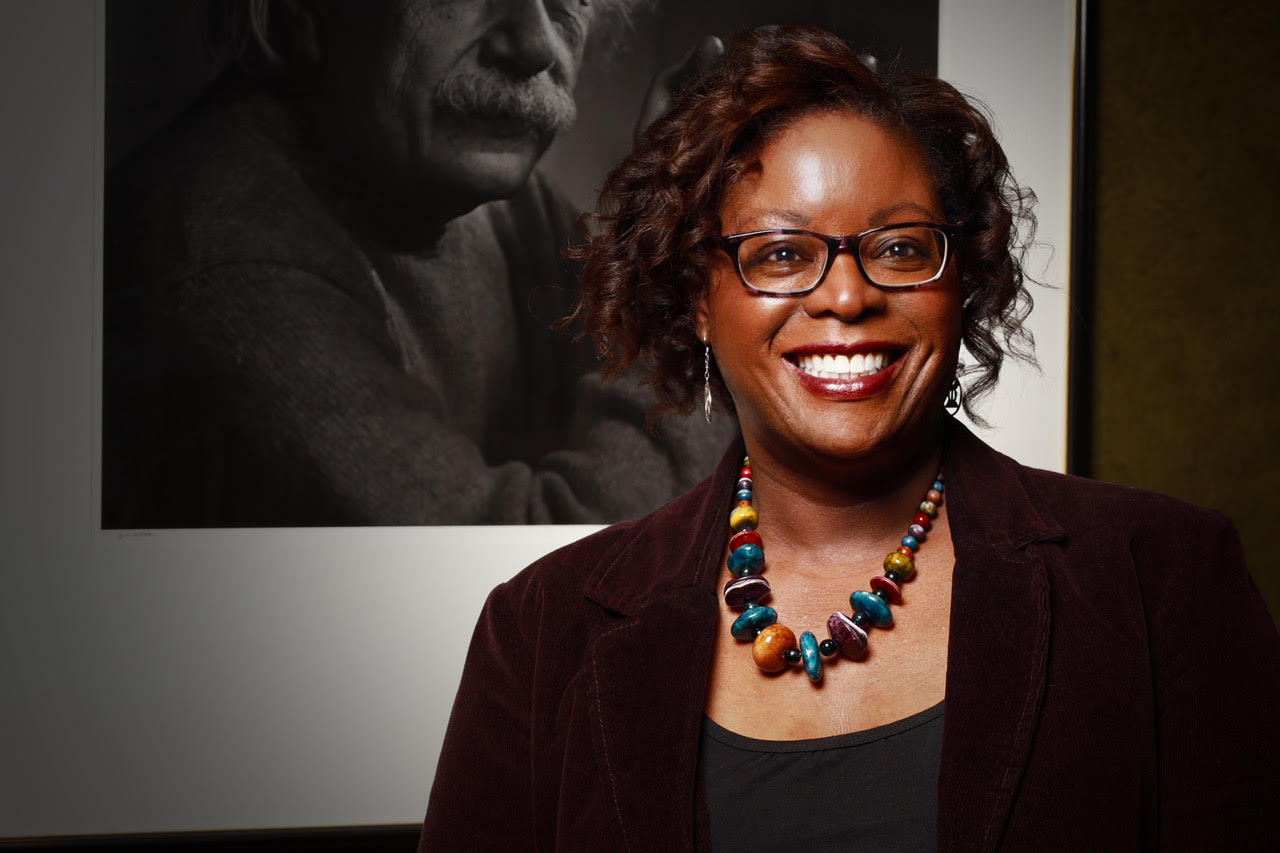 Dr. Helen Ofosu
Dr. Helen Ofosu